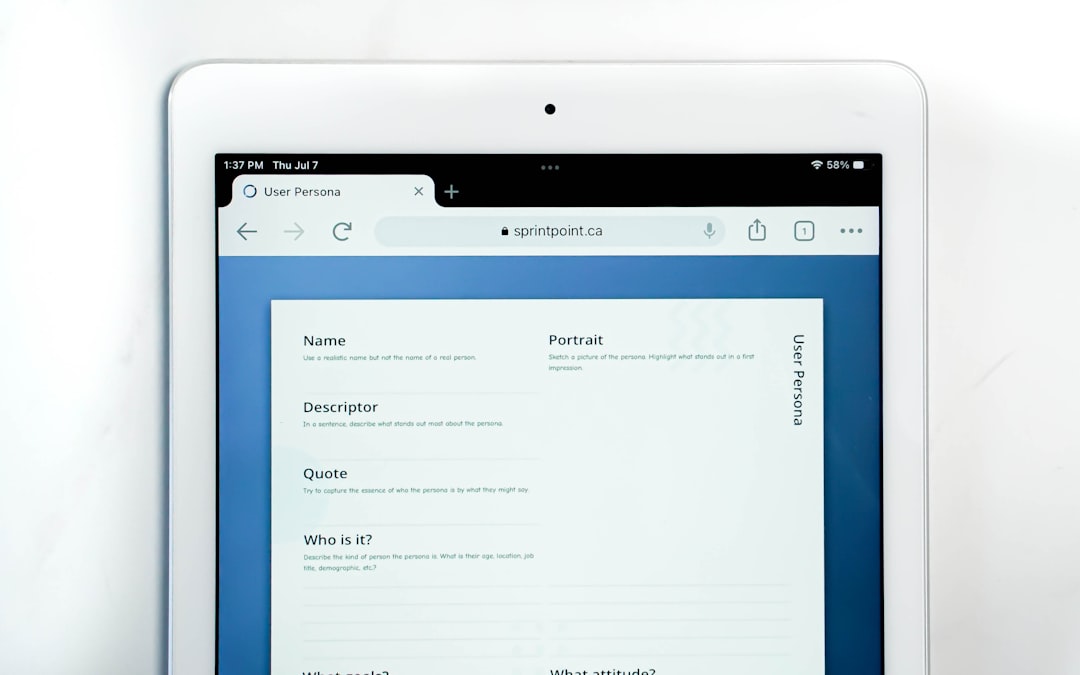ChatGPT is a powerful tool used by millions of people worldwide to boost productivity, enhance creativity, and solve complex problems quickly. However, some users may encounter warnings or temporary restrictions due to “unusual activity.” Understanding what constitutes unusual activity, why it happens, and how to prevent it is crucial to ensuring uninterrupted use of this AI platform.
TL;DR: ChatGPT may display “unusual activity” warnings due to excessive API requests, shared accounts, use of VPNs or bots, or suspected misuse. These alerts are designed to protect users and infrastructure from abuse. Preventing such warnings involves practicing normal usage habits, securing your credentials, and being transparent about automation. If you receive a warning, temporarily reducing activity and reviewing OpenAI’s usage policies can help restore normal access.
What Does “Unusual Activity” Mean?
The “unusual activity” warning is part of ChatGPT’s risk management and abuse prevention system. These alerts are typically triggered when patterns suggest that a user’s actions may be automated, harmful, or inconsistent with OpenAI’s terms of service. While many warnings are false positives, they must be taken seriously to avoid account restriction or suspension.
Common Causes of “Unusual Activity” Warnings
There are several reasons why ChatGPT may flag activity as unusual. Below are the most common causes:
1. Excessive or Automated Requests
Sending a high volume of prompts in a short time span can simulate bot behavior. OpenAI monitors usage patterns, and if the system detects what looks like an automated script or bot, it may trigger a warning or even throttle access.
- Sending multiple large prompts rapidly
- Using scripts or browser extensions to automate interactions
- Performing repetitive tasks at intervals that match typical scripting patterns
If you’re using ChatGPT through the API, exceeding rate limits can also draw scrutiny.
2. Use of Shared or Public Accounts
Simultaneous logins from different IP addresses, especially from different regions or countries, can trigger alerts. If multiple people share the same OpenAI or ChatGPT account, the system may misinterpret this as suspicious behavior.
- Account accessed from multiple devices across the globe
- Use of third-party platforms that rotate credentials
This is especially common among companies or student groups using a single log-in rather than assigned user accounts.
3. VPNs, Proxies, or Anonymizers
Logging in from constantly changing IP addresses or using privacy tools like Tor or VPNs makes it harder for OpenAI to verify that account usage is legitimate. While having one VPN-enabled login is not inherently wrong, rapid IP changes raise red flags.
Particularly troubling is when such tools are used to mask geography or simulate multiple users. This also applies to users in restricted regions attempting to access ChatGPT in violation of local policies.

4. Breach of Terms of Service
Some “unusual activities” stem from behaviors that violate OpenAI’s terms — intentionally or otherwise. Examples include:
- Using ChatGPT to generate spam content
- Scraping large datasets from outputs
- Building new platforms based on ChatGPT without proper licensing
- Impersonation or phishing using AI-generated text
In these cases, the system often initiates automated restrictions or suspensions.
5. Browser Extensions and Third-Party Tools
Some browser extensions, assistants, or productivity tools integrate ChatGPT in ways that mimic heavy usage or access ChatGPT without clear authorization. While many tools are harmless, some may break OpenAI’s acceptable use policies or mimic bot-like behavior.

Note: Some extensions may even inject hidden prompts or run interactions in the background, making it hard for users to understand why they’ve been flagged.
How to Prevent “Unusual Activity” Warnings
Below are actionable steps you can take to maintain a good standing with OpenAI and prevent disruption to your ChatGPT access:
1. Moderate Your Usage Patterns
Use ChatGPT at a natural pace. If you’re sending dozens of prompts per minute, that could trigger rate limits or warnings, especially if you’re using the free plan. For enterprise users or heavy workloads, consider migrating to API usage or contacting OpenAI for professional licensing.
- Allow intervals between prompts or queries
- Avoid scripting unless explicitly supported
2. Use a Dedicated Account
Always use a personal or team-specific account. Avoid sharing log-in credentials between multiple people. A better alternative is OpenAI’s “ChatGPT Teams” subscription, which allows collaboration with proper access controls.
3. Avoid Frequent IP Switching
If you use a VPN, stick to a consistent location. Frequent switching between countries can appear as geo-spoofing. Whenever possible, log in from familiar networks and devices.
OpenAI uses basic geolocation checks to verify consistency, not to violate user privacy, so maintaining a stable digital footprint can help reduce warnings.
4. Vet Browser Extensions Carefully
Only install ChatGPT-related extensions that are reputable and transparent about their functions. Avoid tools that make frequent, unauthorized background requests or automate usage patterns without your consent.
Regularly check permissions and remove unused or suspicious plugins from your browser.
5. Review OpenAI’s Terms of Use
Being familiar with OpenAI’s acceptable use policies helps you avoid inadvertent policy violations, especially if you’re using ChatGPT in a business context. Here’s what you should keep in mind:
- Don’t use ChatGPT for generating harmful or misleading content
- Don’t resell outputs without permission
- Don’t collect training data in ways that violate OpenAI’s terms
Users with commercial needs should inquire about proper licensing and partnership opportunities.
What to Do If You Receive a Warning
If you see an “unusual activity” alert, there are a few steps you can take to resolve issues swiftly and preserve your access:
- Pause usage immediately: Stop sending prompts to let the system reset rate limits or re-evaluate behavior.
- Check your extensions and scripts: Disable any recent add-ons or tools that may affect how ChatGPT functions.
- Use the official support channel: OpenAI provides user support through the Help Center where you can clarify restrictions or request account reviews.
- Change passwords: If multiple people are using the same account, update login credentials and keep access private going forward.
Proactive communication with OpenAI support often helps, especially if your account was flagged falsely.
Final Thoughts
The “unusual activity” warning acts as a safeguard for both users and ChatGPT’s infrastructure. While it may feel intrusive or abrupt, it generally stems from patterns that resemble abuse or bot usage. By understanding what behaviors trigger such alerts and applying preventive strategies, users can avoid disruptions and ensure responsible AI interaction.
In an era of increasing reliance on AI, being a conscientious and informed user not only improves performance but also protects your access and enhances the global integrity of large language models.


